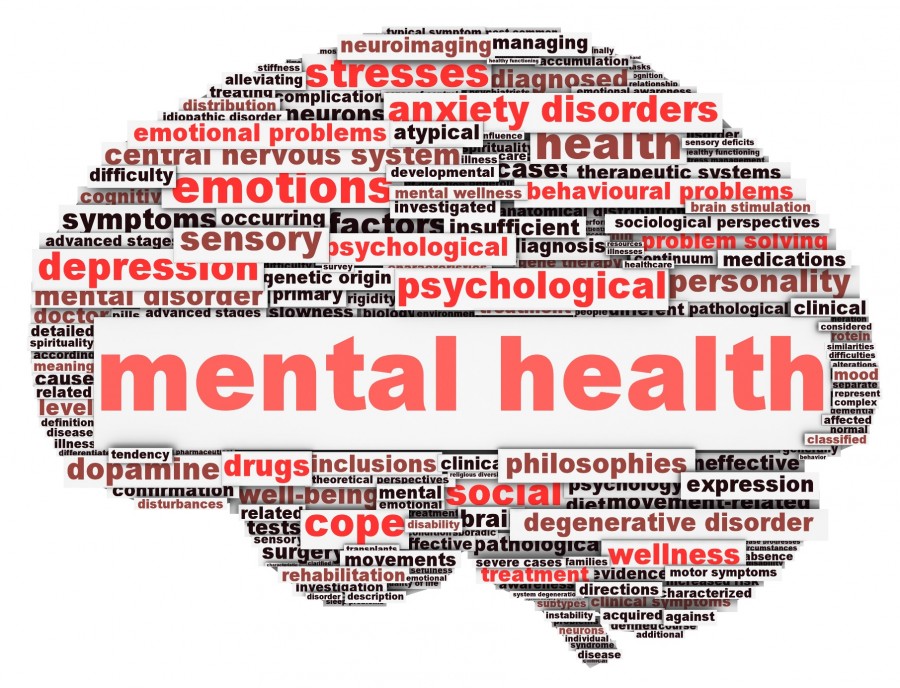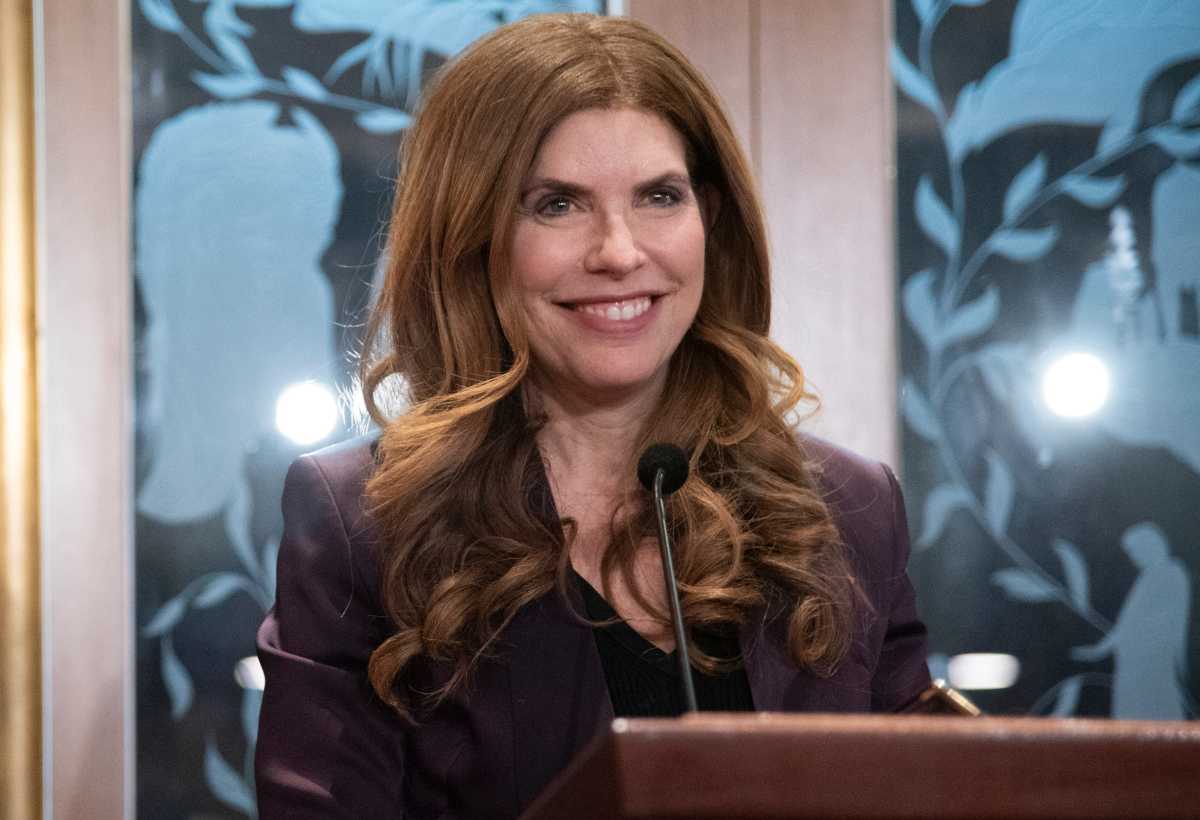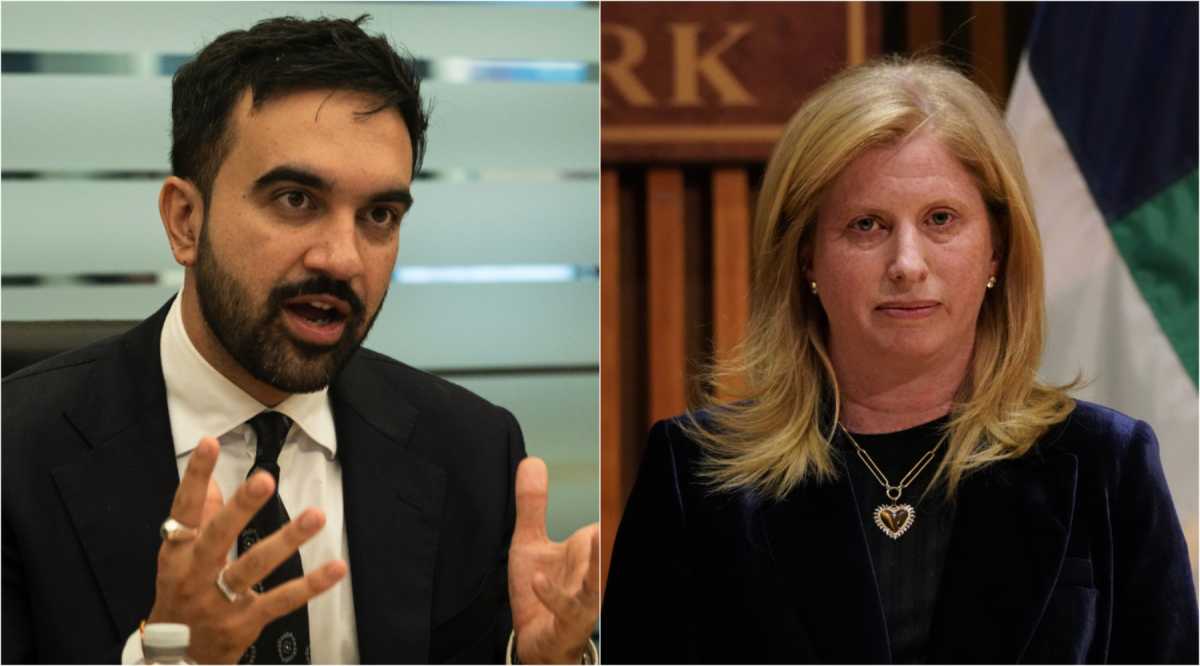Several Brooklyn lawmakers on Friday lauded a new Mayor de Blasio initiative aimed at further curbing individuals with mental illness that could lead to violent behavior.
The $22 million initiative dubbed “NYC Safe,” purports to change the way the City intervenes to stop and respond to violence committed by the mentally ill by establishing a centralized oversight body that coordinates public safety and public health.
Prior to NYC Safe, the de Blasio administration had already allocated $323 million in additional funding over three years to mental health programs. However, the new initiative includes a new series of interventions including increased coordination between criminal justice, health, and homeless services agencies.
This includes a new hub for information sharing, specially trained police to engage with people with mental health issues and three on-the-ground intensive mobile treatment teams to provide immediate and ongoing care for individuals who struggle to get treatment and also face housing instability.

“It is our sacred mission to address a broken mental health system and to revolutionize how we care for all those who are struggling. That includes the small percentage of those with mental illness that, left untreated, are at risk of committing violence against themselves or others,” said de Blasio.
Among the Brooklyn lawmakers who lauded de Blasio’s new initiative, which was formed closely with his wife, the city’s First Lady, Chirlane McCray, was Central Brooklyn State Senator Jesse Hamilton, who is the ranking member on the Senate Committee on Mental Health, Northern Brooklyn City Councilman Stephen Levin and Congressman Jerrold Nadler, who represents part of Brooklyn’s western waterfront.

“With NYC Safe, Mayor de Blasio reinforces the public health and public safety of New Yorkers while remaining sensitive to the circumstances of a vulnerable population—those suffering from serious, untreated mental illness. The steps taken today will build a culture of cooperation among housing, mental health, police, and community-based professionals. Moreover, these steps will build a pathway to more readily accessible mental health care,” said Hamilton.








